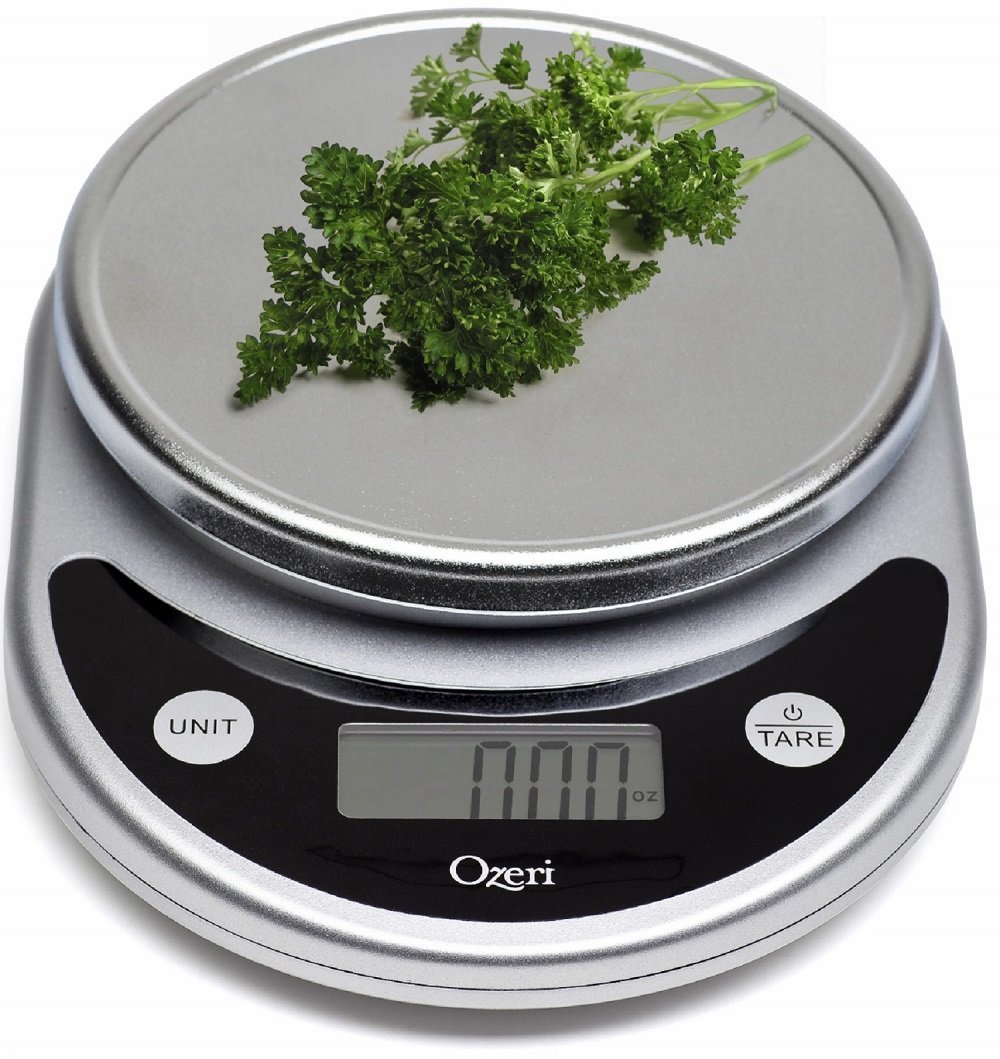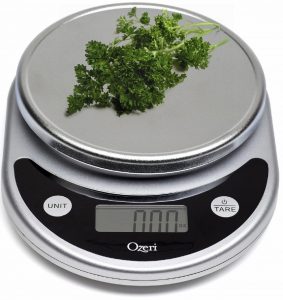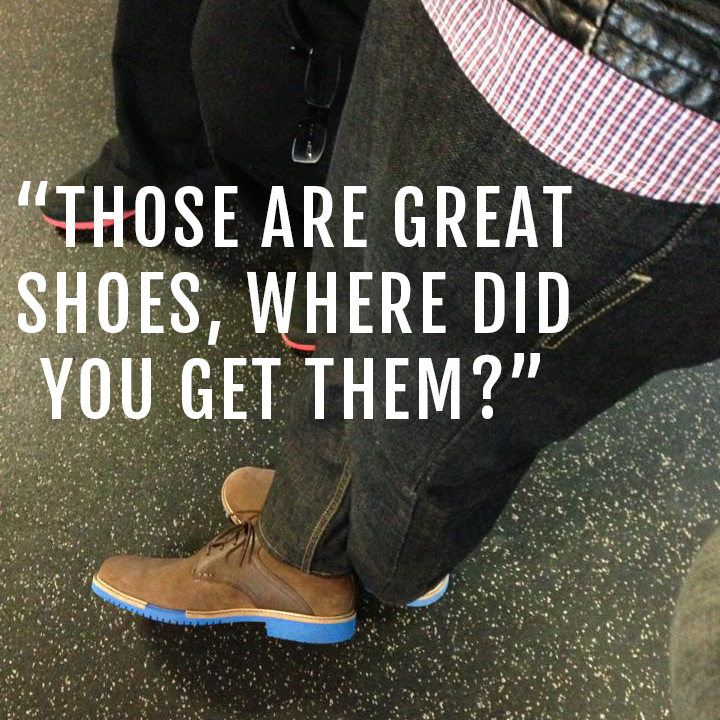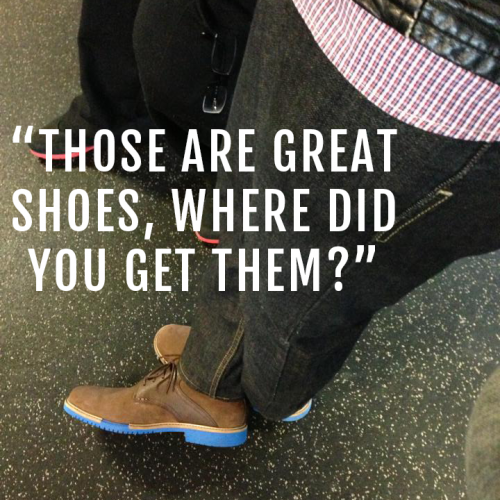
I am of the distinct opinion that one of the best things you can do for your long term health and wellness is to, at some point, track your food intake carefully. You don’t have to do this forever, but doing it even for just a few weeks will teach you things that are impossible to learn from reading books or articles or watching videos. People love to deride using a food scale and tracking food carefully as obsessive or unnecessary but it’s not. It is an exercise you do for a time while it is useful to extract the benefits and then you stop. If you’re not able to eat completely intuitively and maintain the exact body composition you want then some information is missing that is needed to inform your intuition. How else can you know the energetic content of food? Are you born with it?
The energetic content of food has been completely divorced from the energetic cost of food. We’re not that far removed from a time when the energetic cost of food was so high that it conveyed status and luxury to be overweight. If you hunt, gather, or grow everything you consume it is awfully hard to take in more than you expend. Even when agrarian societies developed who benefitted from labor specialization and trade it was only the wealthy who have enough excess capital to be able to consume more than they expend.

Michael Pollan captures this wonderfully when he says: “Eat all the junk food you want as long as you cook it yourself. I love French fries, and I also know if I ate French fries every day it would not be a good thing. One of our problems is that foods that are labor or money intensive have gotten very cheap and easy to procure. French fries are a great example. They are a tremendous pain to make. Wash the potatoes, fry potatoes, get rid of the oil, clean up the mess. If you made them yourself you’d have them about once a month, and that’s probably about right.”
And Pollan isn’t even talking about the acquiring of the raw ingredients, just the cooking! Thanks to all the miracles of modernity I can order hot and fresh cookies to be delivered to my door in just a few minutes and in maybe one quarter to one eighth the time it would take me to burn those calories running on a treadmill I can eat a thousand calories of delicious cookies. (Honestly prob gonna order cookies now.)
But I digress. At some point in your life it’s a worthwhile experiment to purchase a food scale and start tracking everything.
Here’s where you run into an issue. Many of the most popular food tracking apps, such as the famously 475 million dollar My Fitness Pal app, have massive food databases with almost any food you can think of already inputted. Sometimes correctly. Therein lies the rub. You can enter all your food in religiously, keep an eye on your body composition (because it would be silly not to close the feedback loop when you already have the information that’s harder to gather – food intake), and you can be absolutely mystified as to why what should be happening isn’t happening.
Here’s just one example:

Notice how the calorie count is identical for 4oz and 8oz portions? If you were using this you’d be off by 300 calories. Maybe only 10% for a large fit male, but you could be off by 30% for a smaller woman. For a muscle gain scenario this would be frustrating as you wouldn’t be growing when you’d expect to. For fat loss it would be devastating as you’d start to question whether or not there were underlying metabolic issues when you’re staying the same at 900 calories recorded per day. (By the way, I’ve found that most people who successfully make big changes usually eat the same things almost daily during the period where things are moving a lot.)
I have run into instances (please send me screenshots if you find them, as I can’t find any at the moment) where the macronutrient grams don’t add up to the correct calorie count. There is no world in which 15 grams of fat is not 135 calories, so that’s a problem.
Personally I am a big fan of the Fitocracy Macros app which eschews the food database entirely in favor of allowing you to simply enter in your grams of protein, fat, and carbs. The problem is this requires you to have a pretty good knowledge of what’s in your food, to have labels on everything, or to use an app with a database to get that information. While this may seem like a Catch-22 it’s actually just an important part of the process for which the entire exercise is useful.
So what is one to do when the whole purpose of this exercises is purportedly to learn what’s in your food?
Don’t worry, I got you.
80% of What You Need to Know
When you start measuring everything out and paying attention to what is in everything you quickly learn that a portion is a portion is a portion. For example, roughly speaking about macro-nutrients (we’re not talking about micro-nutrition here):
~15 grams is the standard portion size for fats: A tablespoon of olive oil is the same as a tablespoon of butter is the same as a serving of nuts is the same as a spoonful of coconut oil is the same as a serving (a couple tablespoons) of nut butter is the same as a half an avocado.
What else is a portion of fat? Well that’s for you to learn by tracking.
~30-40 grams is the standard portion size for carbohydrates: A cup of cooked rice, a large hamburger bun, a couple to a few slices of bread, an average donut, a cup of cooked oatmeal are all in roughly the same range of 30-40 grams of carbs.
What else is a portion of carbs? You know the drill.
~25 grams is the standard portion size for protein: 4oz is the standard benchmark serving size for meat portions whether it be chicken, beef, venison, it doesn’t matter. In a quarter-pound portion of meat you’ll always have about 25 grams of protein but you’ll get fairly different amounts of fat depending on the type of meat. A chicken breast might have pretty close to no fat at all, and a ribeye might have a full serving (how many grams is that?) of fat. Fun fact: USDA maintains a very accurate national nutrient database with reliable averages for virtually every piece of real food there is.
In diligently tracking for a short period you will quickly start to see these patterns and develop your own shortcuts and heuristics in your mind to accurately estimate how much energy you’re taking in.
Here’s a spoiler for an example of the kind of thing you’ll intuitively get after going through this process. Let’s say you put together a burger at home with no surprises:
4oz (quarter pound) patty of 85/15 ground beef: a serving of protein and a serving of fat
a slice of cheese: half a serving of fat
some tomatoes, lettuce, and onion: doesn’t matter
a bun: a serving of carbohydrates
Add it all up and you get a serving of protein, a serving and a half of fat, and a serving of carbohydrates. Maybe you like some mayo on your burger which is kinda nasty but that doesn’t really matter. All told you have about 450 calories. From this point on you know that literally any reasonable burger with the basic fixings is about 450 calories.
As a thought experiment, what happens when you add bacon? What about guacamole? What about fried onion rings?
But Seriously
I told you in the beginning that you couldn’t learn this from reading articles. You still can’t. Go buy a food scale. Use it very diligently for a week or two and then revisit. I’m not even telling you to change anything you eat (although you will) but just to become intimately familiar with it. If you have to eat at home more because you can’t accurately track foods from restaurants or whatever I guess that is what is going to have to happen for you to stick to the process.
Once you truly know what food looks like and consists of in portion sizes and energy amounts you can easily use apps as a shortcut because you’re able to double-check the macro and caloric values in your head. “No that 8oz ribeye is not 24 grams of protein, that’s bullshit. I’ll find one that is a better match.”
As usual there is no shortcut. Do the work and you will be richly rewarded.




